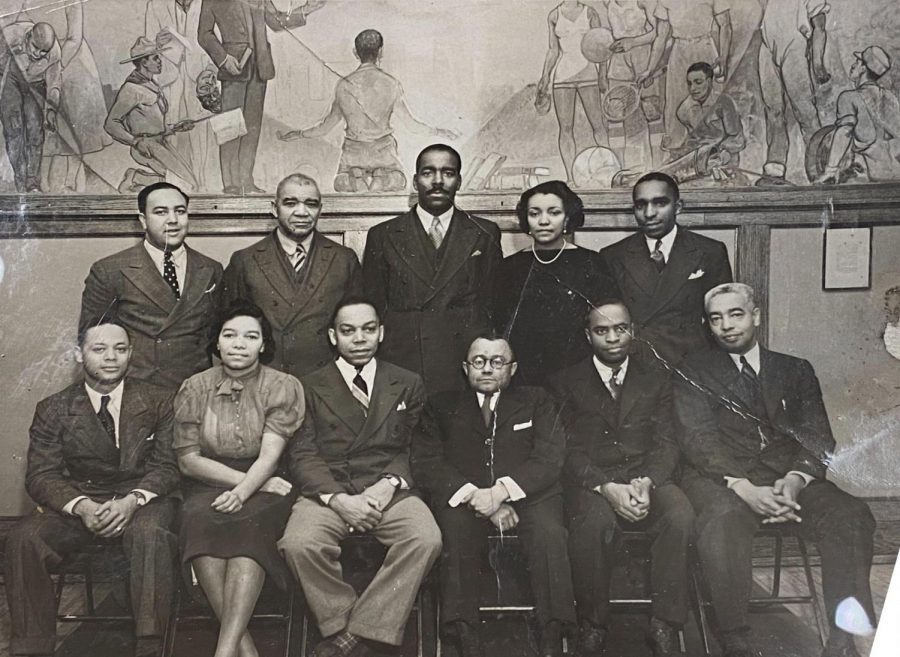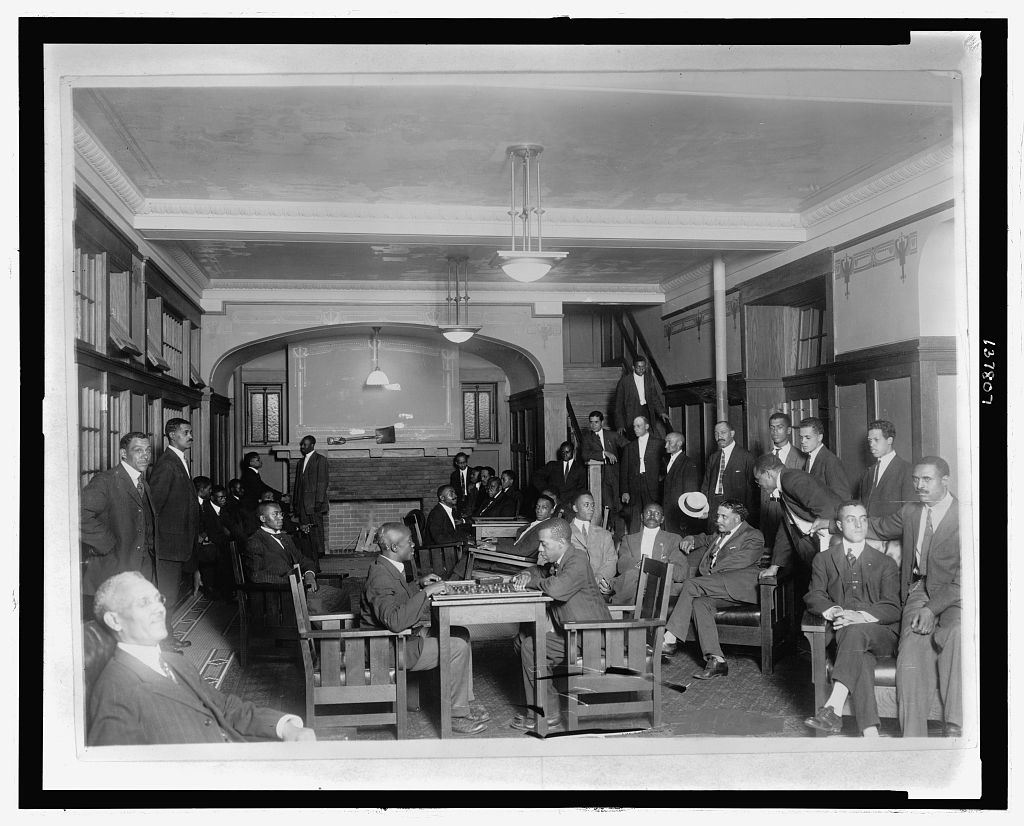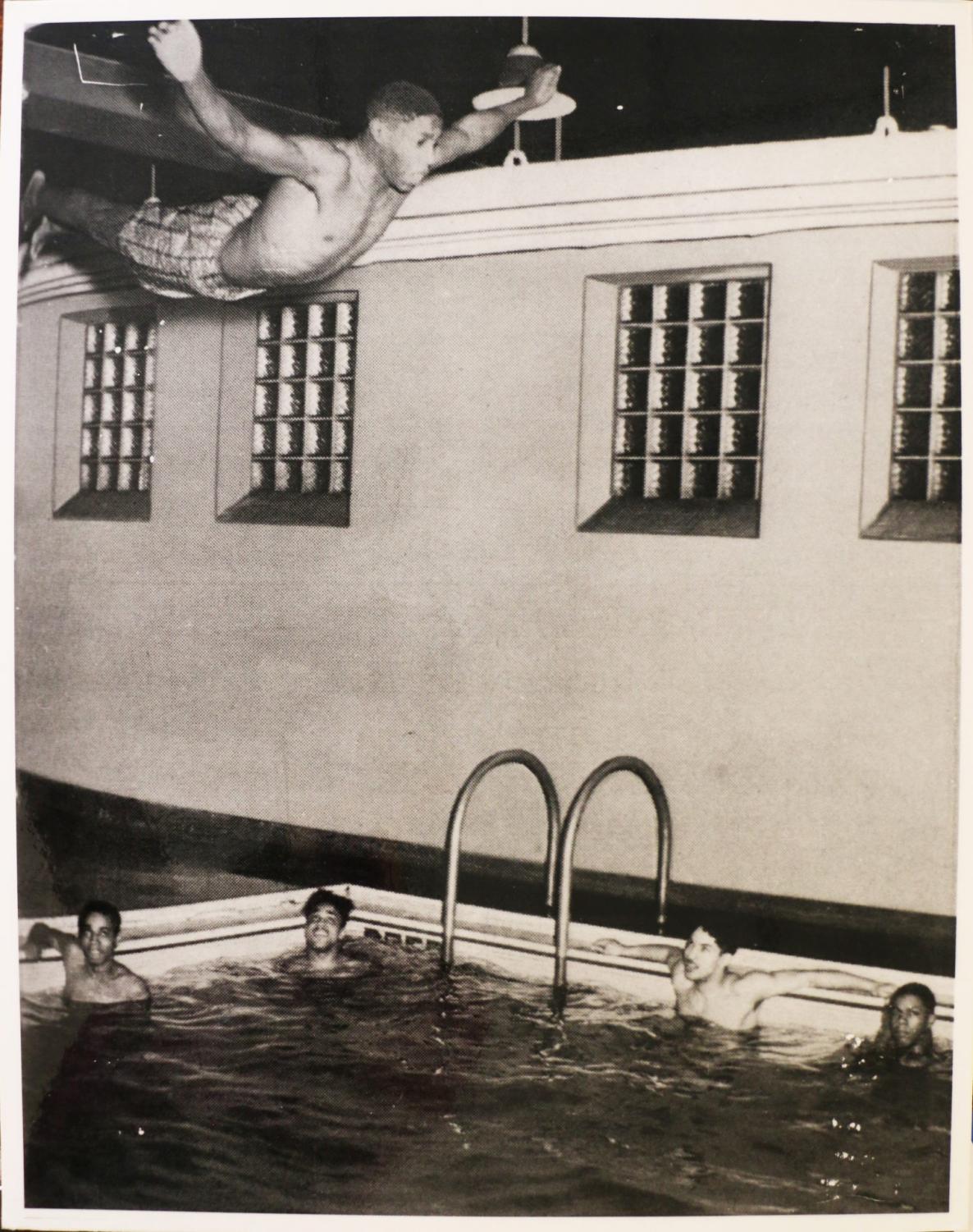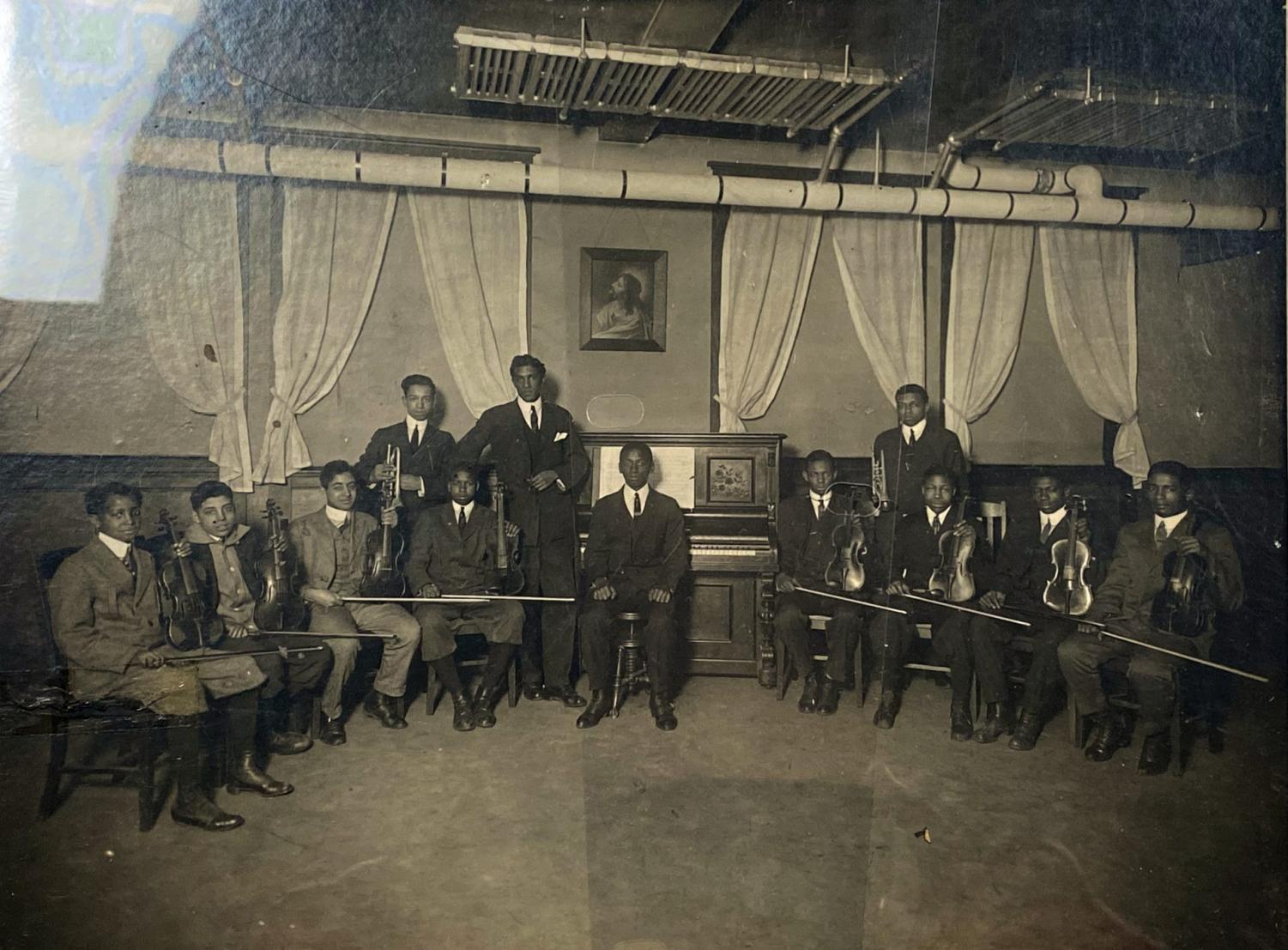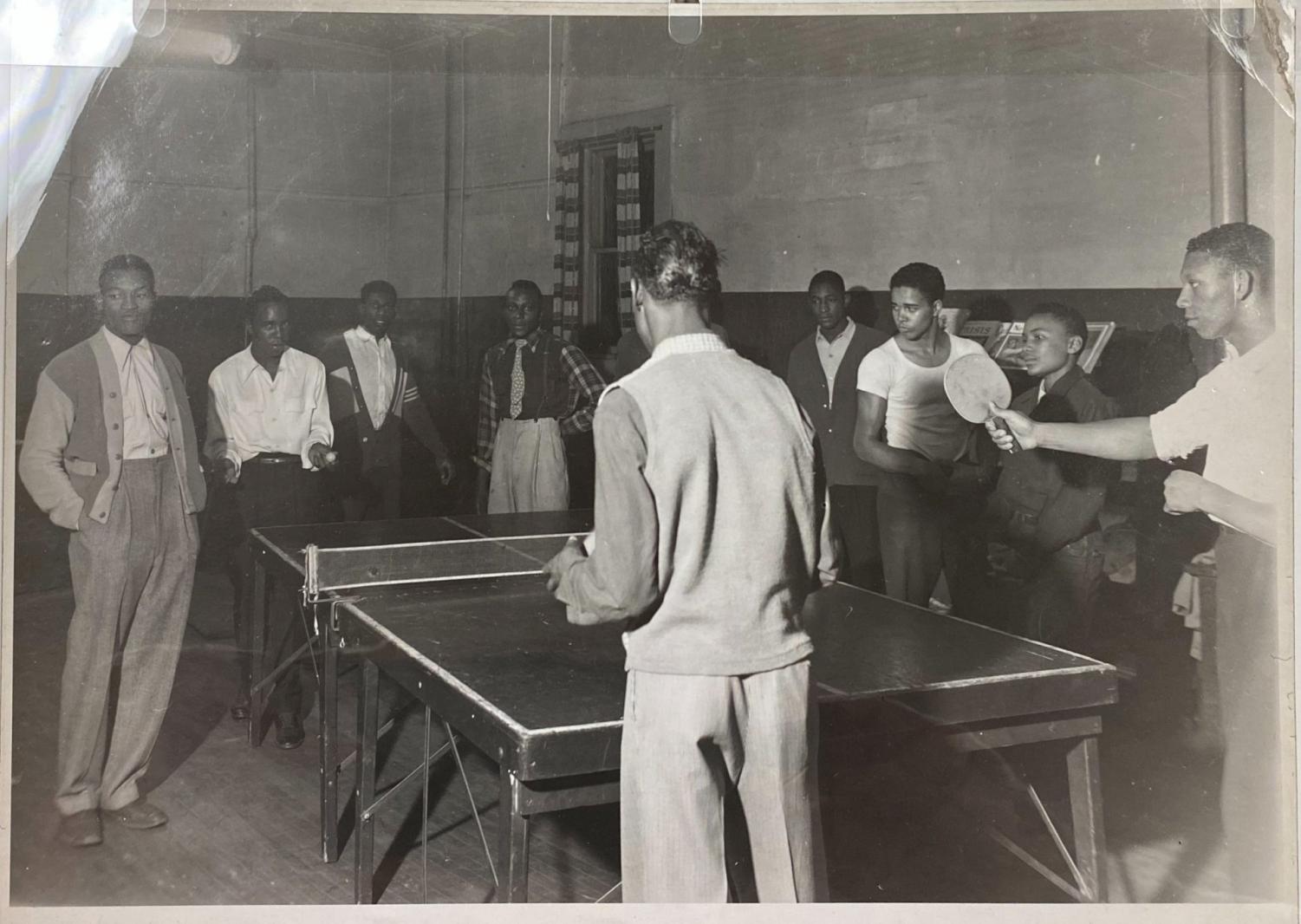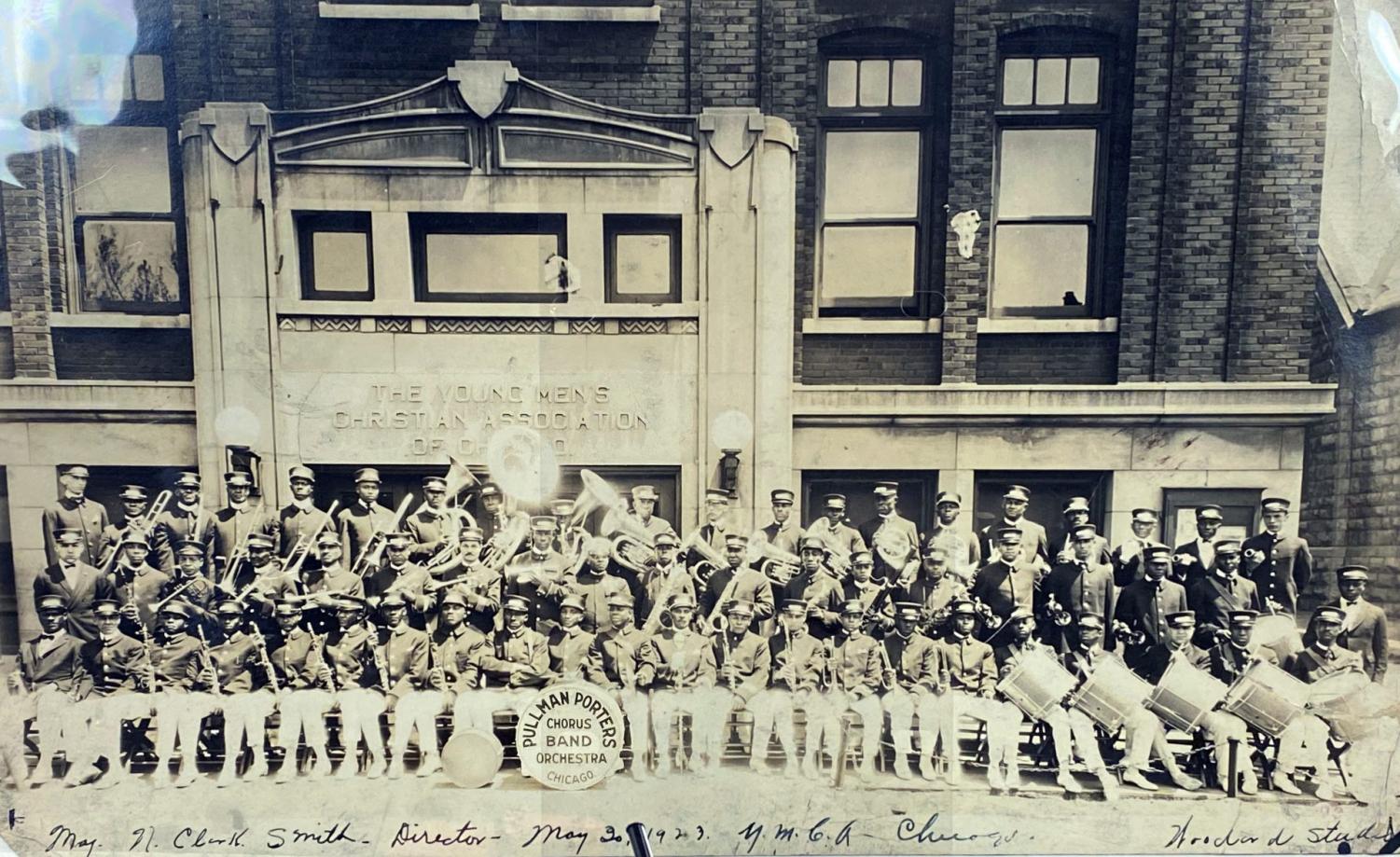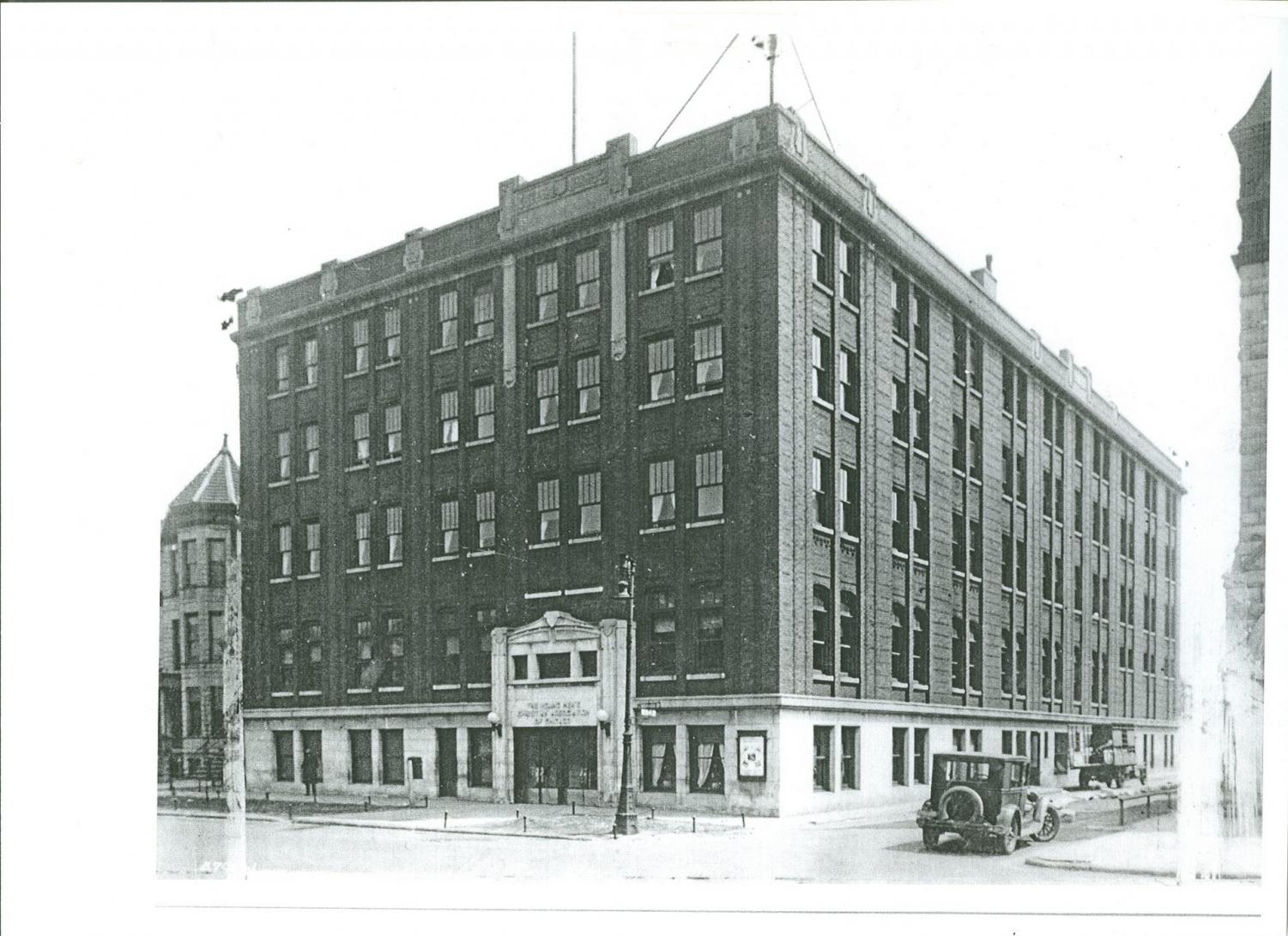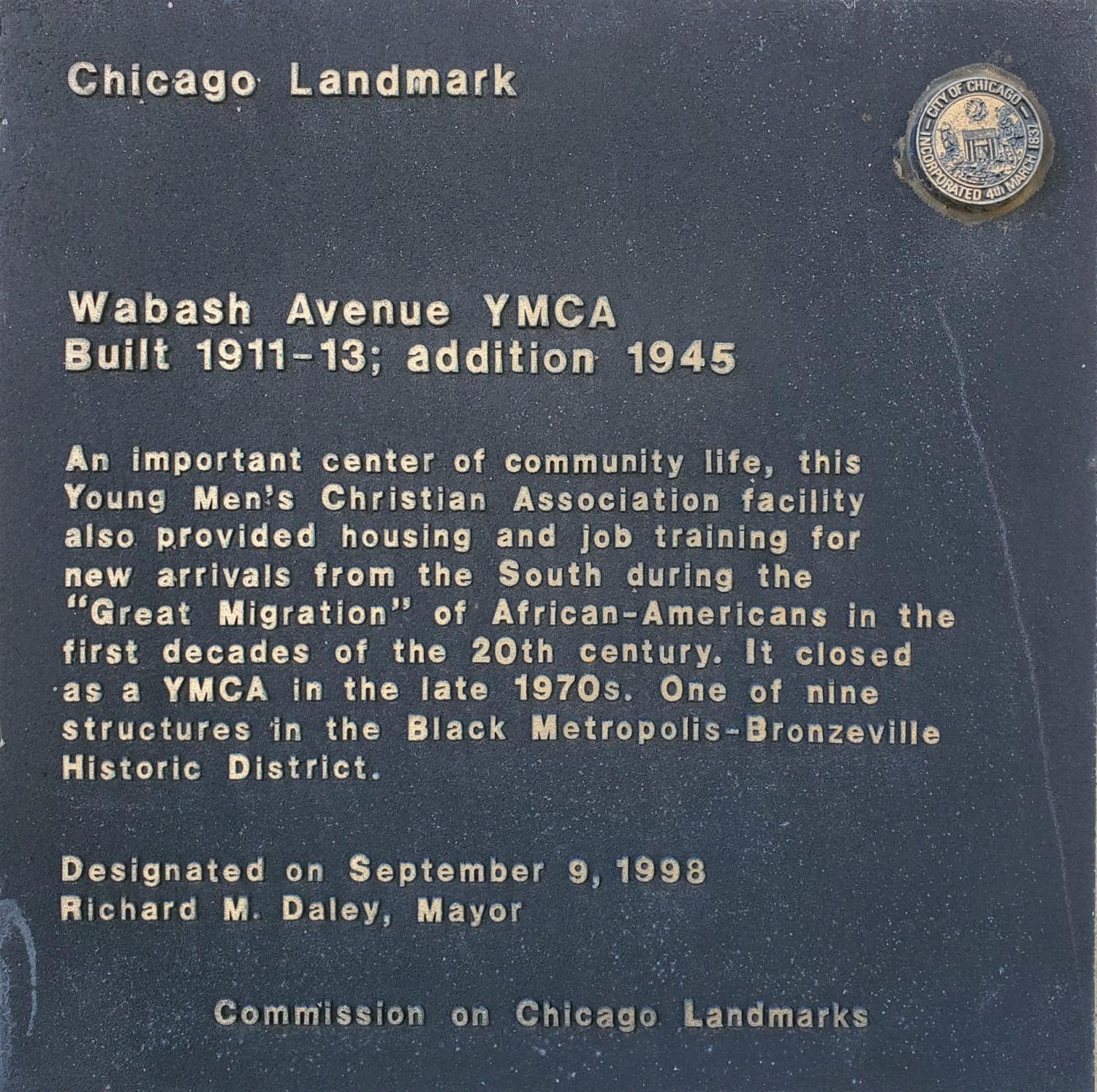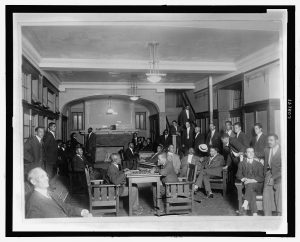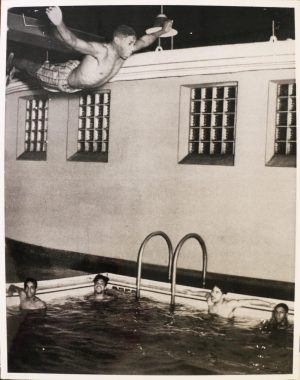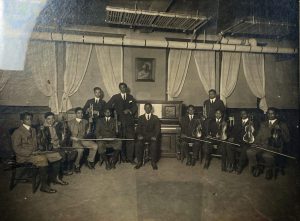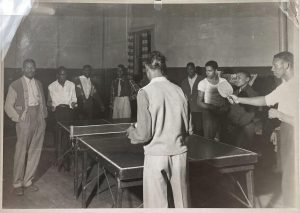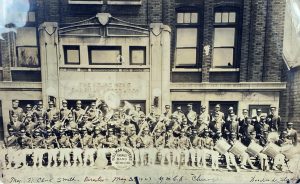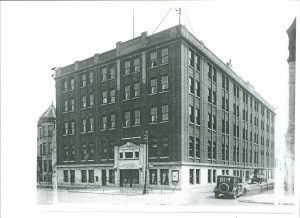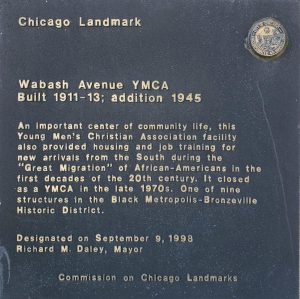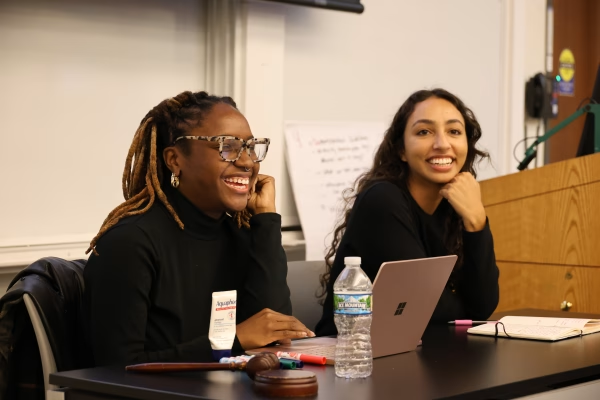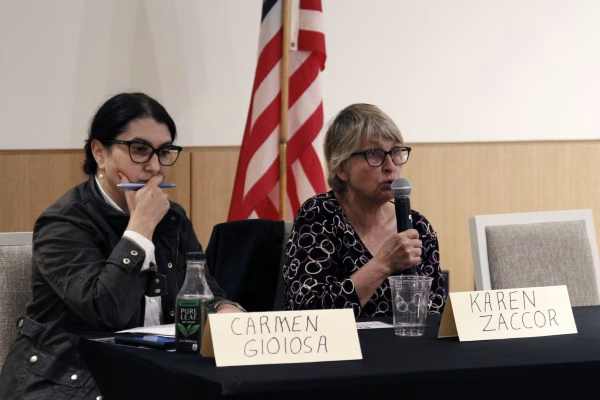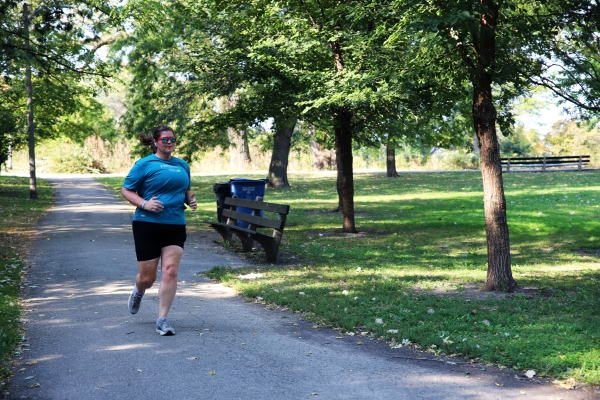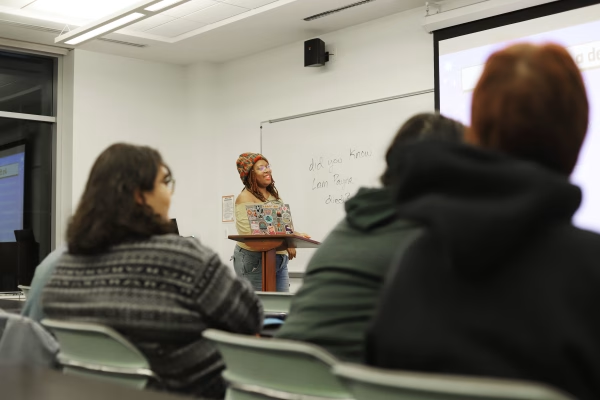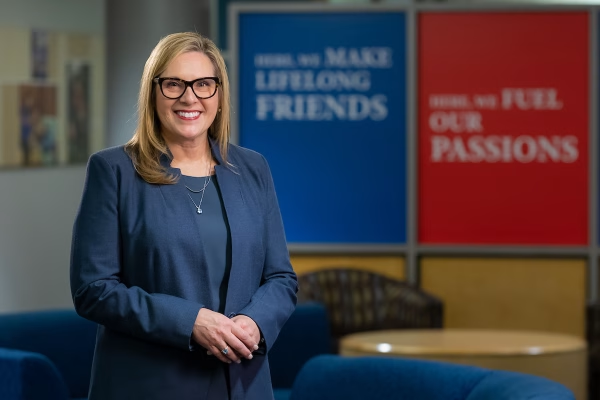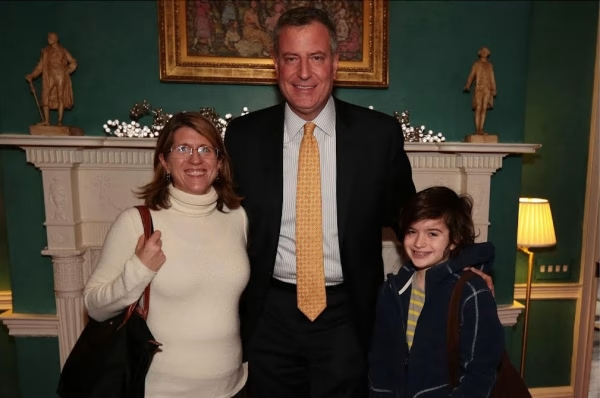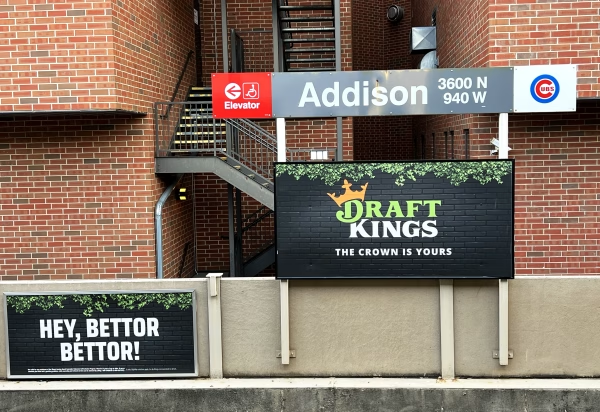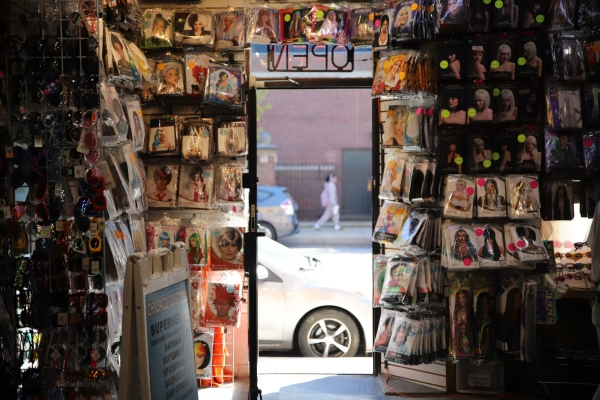Virtual tour takes Chicagoans back to Black History Month’s origins
Photo courtesy of UIC archives.
Members in the ballroom of the building.
Summer 2020 was a time of great civil unrest in the United States. Millions of Americans all over the country took to the streets to protest the murder of George Floyd — a last straw in a long line of Black deaths involving law enforcement officers. Movements and petitions for equitable legislature began to swell all over the country.
With an election in the same year, there was a burgeoning demand for change from candidates as the racial tensions in the country came to a boil. Given this context, it seems as though celebrating Black History Month this February comes with a bit more urgency – perhaps even necessary.
In Chicago, a city rich in Black history, there are many events being held aiming to do just that, including a Covid-19-friendly virtual tour of the YMCA building where Black History Month got its start — courtesy of social service organization The Renaissance Collaborative (TRC).
According to their press release, the virtual tour will consist of “critical moments in the building’s history, including the announcement of the firstNegro History Week’ in 1926 by Carter G. Woodson, the forerunner to today’s Black History Month. Visitors of the tour will be able to freely move around and interact with the 360-degree panorama inside the building, resulting in an engaging, unique, and educational experience for people of all ages.”
Founded in 1992, TRC specializes in assisting those in need on the South Side of Chicago by providing low-income housing for seniors and previously homeless individuals. The organization also offers job training.
“I hope people will gain a few things from this tour, with the first one being to create the initial ‘Wow, I didn’t know that’ feeling in the viewers,” said Tara Balcerzak, communications and resource development manager for TRC. “I worked inside the Wabash ‘Y’ for nearly a year before I saw a photo from the 1920s that was taken in the building, and I was blown away. There is something about being able to visualize the stories through photos and read the newspaper articles written at that time that makes the history finally hit home.”
Carter G. Woodson, a University of Chicago graduate, was one of the first scholars to study African American history and eventual organizer of the first Black history week. Later in his life, he began to campaign for the Black History Month known today. Unfortunately, he passed away before he could see it recognized.
In addition to the tour, TRC will also be offering a live-streamed Facebook event at 6 p.m. on Feb. 28, featuring Chicago State University history professor Lionel Kimble.
“Since African people came to this country, we’ve engaged in these conversations about where we fit,” Kimble said.. “…We have to understand that we as a community come together to protect our spaces, to protect our institutions, and our own economic development.”
DePaul senior and TRC intern Harris Salim said the tour works towards this need for “coming together.”
“This program helps us to realize that radical change must be achieved through community-orientated approaches — you won’t get far unless you have the support of the community behind you,” Salim said. “As racial tensions in the U.S. continue to mount, it becomes critical to support Black-led organizations who are the biggest advocates for structural change and support for Black communities.”
Salim hopes the tour will serve as an inspiration for Black leaders in the future, in that the history of the YMCA building proves change can come from initially unassuming places.
Isaiah Moore, a communications and resource development associate and volunteer manager at TRC, said the tour helped him realize that while Black leaders worked hard to afford him the freedoms he has today, they’d be disappointed to see the events of this time.
“I see change as they saw change: possible, achievable and necessary,” Moore said. “It’s true not everyone will agree on a lot of things, but there is one thing that will always remain righteous — and that is progression in equity is always worth fighting for.”


